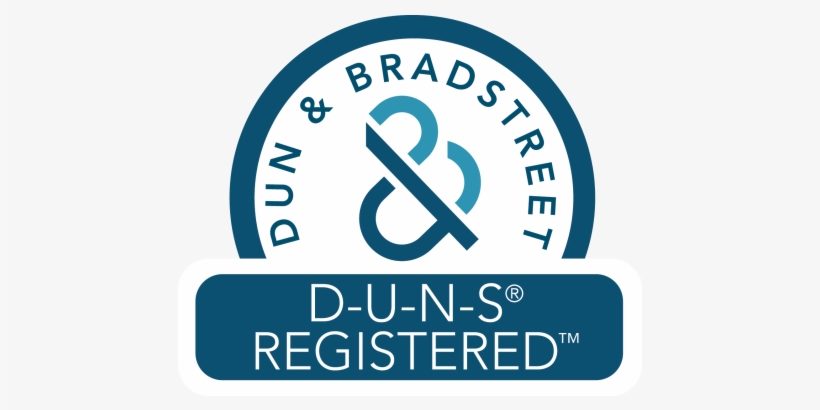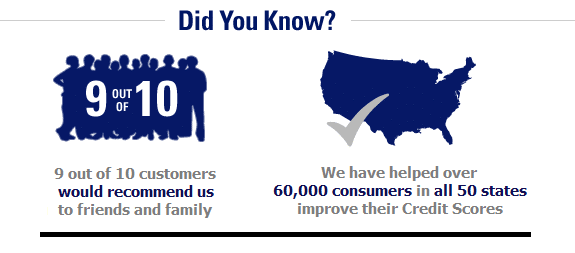Does Your Business Have a Paydex Score?
You probably have personal credit scores established, and you are probably familiar with your scores at Equifax, Experian, and Trans Union.
But do you have a business credit score yet?
The main credit score used in the business world is known as the Paydex Score and is provided by Dun and Bradstreet.
This number assess a business’s lending risk much the same as a consumer credit score, like the FICO Score, reflects a consumer’s individual credit risk.
The exact definition from Dun & Bradstreet, or D&B is: The D&B PAYDEX Score is D&B’s unique dollar-weighted numerical indicator of how a firm paid its bills over the past year, based on trade experiences reported to D&B by various vendors.
There are many BIG differences from a business Paydex credit score and an individual FICO credit score.
Consumer FICO credit scores range from 350-850. The Paydex Score ranges from 0-100 with 100 being the highest score you can obtain.
Having a Paydex business score of 80 or higher is very good, as scores below 70 are very bad.
Individual credit scores are calculated based on a number of factors. The Paydex score is calculated based on only one single factor; whether a business makes prompt payments to its suppliers and creditors within the agreed-upon terms of payment.
For example, prompt payments will produce a Paydex score of 80. A 70 score reflects paying 15 days behind, 60 score is 22 days behind, a 30 score reflects paying 90 days behind, and a 20 Paydex reflects paying bills 120 days late.






